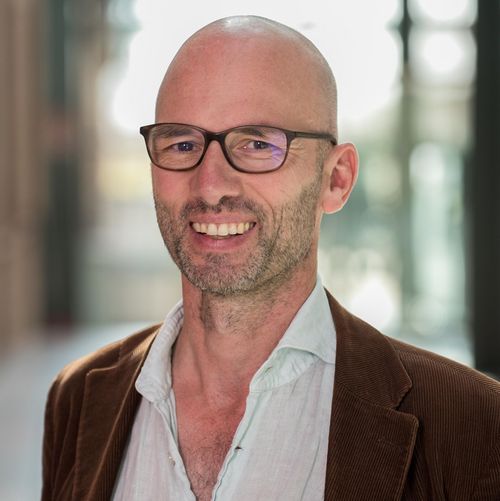Dr Michael Karcher
Michael studied Physical Oceanography in Hamburg, though he waited quite some time before choosing a specialty. He used simulation models to investigate oceanographic questions in various maritime zones, before choosing to go into polar research, because it had always appealed to him. At the AWI, he is currently focusing on the dynamics of the ice/ocean/atmosphere system. Though part of the AWI’s Sea Ice division, he also works closely together with experts from other divisions. In addition to applying models to specific, predominantly physics-related questions, he is involved in validating and continually refining climate models, which are capable of realistically portraying natural processes and offer a valuable tool for forecasting.
One of Michael’s main goals is to help achieve a better grasp of our climate system, so as to provide the basis for an informed discussion in the political community and society at large.
Are models used more to view the ‘big picture’ or to identify details?
We use models for both purposes. On the one hand, we look at micro-level processes in what are also known as process studies to basically take a closer look at a tiny part of system. This helps us determine how the process affects the system as a whole. But on the other, we also look at the big picture to identify how an entire system reacts to certain influences. The models can be used for a variety of purposes, and can be precisely tailored to specific research questions.
In which contexts is interdisciplinary work especially important?
Collaborating with other research areas is especially important for us in terms of validating and refining our models, that is, when we compare our results with the field data. But of course that also works in the other direction: when a question crops up during observational work, and we try to shed light on it with the help of our models. A great aspect of the AWI is that we have close connections between the researchers who create models and those who gather field data, as well as close ties between the various disciplines involved.
How important is meereisportal.de in the dialogue between the research community and the public, and what do you consider to be your own role / responsibility as a scientist?
I feel that meereisportal.de, as an interface between research and society, offers an ideal window so that users from outside the research community can take a peek at what we actually do. This also provides them the information they need to expand their grasp of nature, as well as the facts they need to spark political discussions. And as a researcher, this also helps me live up to my responsibility to share the results of my work, and to do so in a way that makes them accessible for as many people as possible.
My personal hero is …
Generally speaking, every researcher who has the confidence to pursue ideas that run counter to the mainstream, and to free themselves from the dominant paradigms. That’s incredibly important in the research world, and I greatly admire such people. It’s also the goal I aspire to whenever I’m tasked with solving a new problem.

